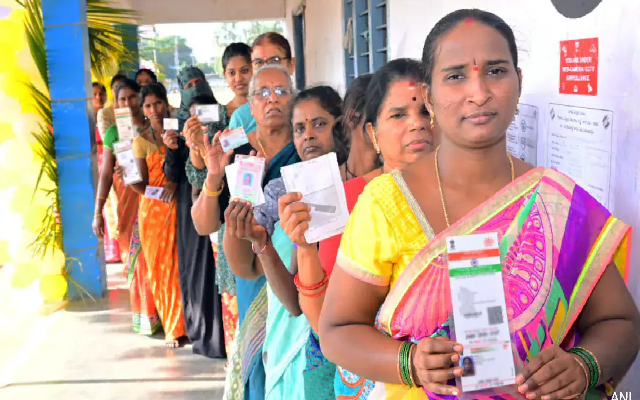 Chennai: Indian Institute of Technology, Madras (IIT-M) on Monday said its researchers have shown that electroencephalogram (EEG) can be used to measure brainwaves in workers, to assess their mental sharpness, especially during times of crisis.
Chennai: Indian Institute of Technology, Madras (IIT-M) on Monday said its researchers have shown that electroencephalogram (EEG) can be used to measure brainwaves in workers, to assess their mental sharpness, especially during times of crisis.
Such measurements will help in assessing the capability of the worker to respond to an emergency in real-time, which, in turn, could prevent accidents and mishaps, they said in a paper published in the Journal of Computers and Computer Engineering.
The research team has shown the potential of EEG, a technique that measures brain activity, to assess the cognitive workload of human operators in a chemical plant control room.
The cognitive workload is the level of measurable mental effort that is expended by an individual to perform a task. High cognitive workload state of workers makes them prone to commit errors that can lead to accidents.
“All our thoughts and activities are driven by electrical signals between the cells in our brain called brainwaves, which occur at different frequencies and are called alpha, beta, gamma, theta and delta,” Rajagopalan Srinivasan, Department of Chemical Engineering, IIT Madras, said in a statement.
“The relative magnitudes of these waves along with their variation are a signature of our thought process and current mental state,” Srinivasan added.
According to the Institute, the research team affixed sensors to the heads of six participants and had them perform eight tasks each.
The nature of the tasks was to monitor a typical industrial section for any disturbances which, if not controlled, by the participant, in a given time frame can lead to accidents.
Thus, the nature of the job required them to understand the plant (industrial section) behaviour and take appropriate decisions and actions if any disturbance occurred.
The disturbance increased their cognitive workload, and only if the correct decision was made, did the cognitive workload reduce.
Their results showed that the amount of ‘Theta Waves’ could identify any mismatch between the worker’s mental model of the process and the actual plant behaviour during abnormal situations.
This makes sense because the ‘theta band’ of brainwaves has been thought to be responsible for the control process of working memory functions, the team said.
The determination of the varying cognitive workload, in turn, influences human performance, and indeed, the researchers found that the power spectral density in the theta band, correlated well with participants’ successes and failures during the task.


















